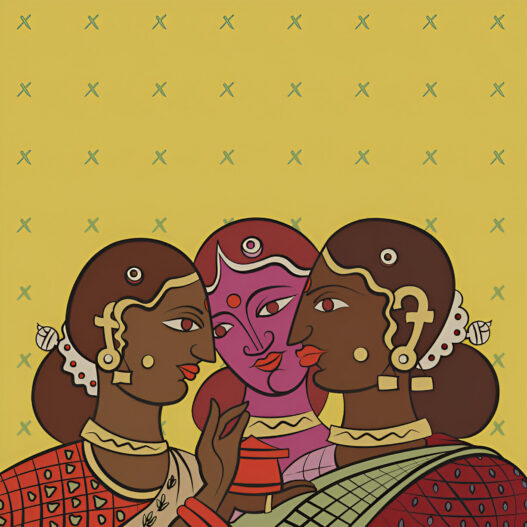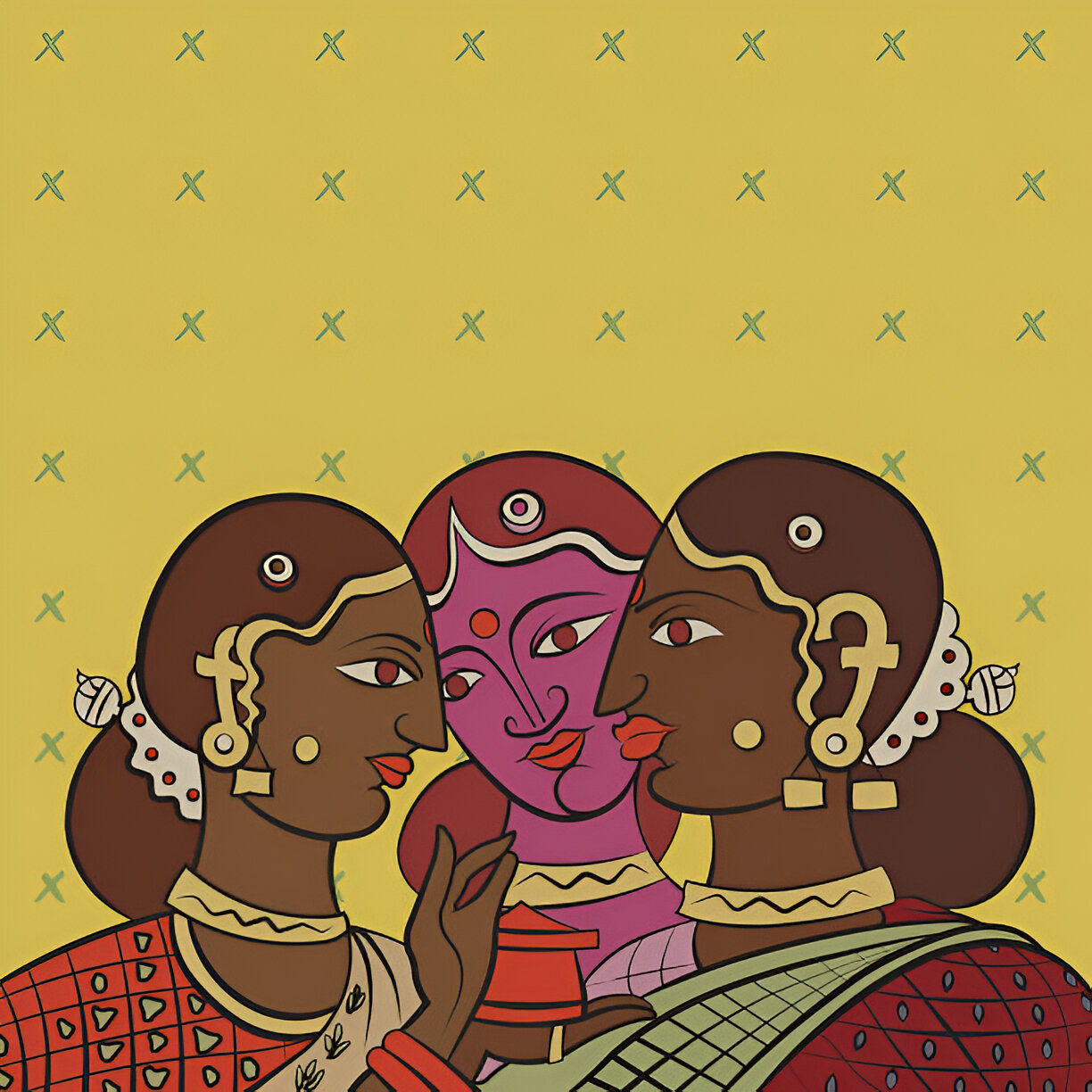Stridhan, a term deeply rooted in Indian tradition, refers to all gifts a woman receives voluntarily throughout her lifetime. It signifies a woman’s ultimate right over her property, recognized by both customary and codified Hindu law. This discussion explores how Stridhan is acquired, the legal rights associated with it, and its significance, particularly in the context of divorce.
How is Stridhan Acquired?
Stridhan can be acquired through various means:
-
Will or Inheritance: Property inherited from any male or female relative becomes a woman’s Stridhan.
-
Partition: A woman’s share of property after a family partition is considered her Stridhan.
-
Maintenance: Payments made for a woman’s maintenance, whether lump sum or periodic, are part of her Stridhan. Movable or immovable properties transferred for maintenance are also included.
-
Gifts: Gifts received before, during, or after marriage, during childbirth, or as tokens of love from family and friends are considered Stridhan.
-
Personal Skill: Property acquired through a woman’s personal effort, such as through employment, skill-based work, or artistic endeavors, is her Stridhan.
-
Purchase or Prescription: Property purchased by a woman using her existing Stridhan, savings, or revenue from Stridhan is also her Stridhan.
Legal Rights Over Stridhan
Indian courts have consistently upheld a woman’s absolute ownership of her Stridhan. A woman has the right to sell, store, or gift her Stridhan as she wishes, both during her lifetime and after her death. Her family, including her husband and his relatives, has no right over it. In emergencies, a husband can use his wife’s Stridhan only with her consent and has a moral obligation to restore it or its equivalent value.
Stridhan After Divorce
Stridhan remains a woman’s rightful property even after divorce. It is the asset within the household over which she has complete ownership. During divorce proceedings, a woman can claim her Stridhan back from her husband and his family. The Supreme Court of India has affirmed that a woman can always claim her Stridhan, even if the divorce is not yet legally finalized.
Protecting Your Stridhan
To protect their Stridhan, women should:
-
Maintain a List: Keep a detailed list of all gifts and properties received before, during, or after the marriage and childbirth.
-
Collect Receipts: Gather and keep receipts for all properties or assets purchased using Stridhan.
-
Separate Bank Account: Maintain a separate bank account for Stridhan assets.
-
Preserve Evidence: Collect pictures or videos of all gifts received.
Stridhan Law in India
Section 14 of the Hindu Succession Act, 1956, and Section 27 of the Hindu Marriage Act, 1955, legally recognize a woman’s right to claim Stridhan as its sole owner. If her right is denied, she can file a complaint under Section 19A of the Protection of Women against Domestic Violence Act. The law views the husband and in-laws as trustees of the Stridhan, bound to return it upon demand.
What Constitutes Stridhan?
Stridhan includes any movable and immovable property such as cash, ornaments, deposits, investments, receivables, and immovable property. The Supreme Court has listed gifts made before the nuptial fire, during the bridal procession, as tokens of love, and gifts from the bride’s parents and siblings as part of Stridhan.
Sources of Stridhan Acquisition
Section 14 of the Hindu Succession Act, 1956, outlines various sources of Stridhan acquisition, including gifts received before, during, and after marriage, property received during partition, property received as a compromise, earnings from service or business, property received as maintenance, property purchased from Stridhan, inherited property, and property acquired through decrees or adverse possession.
Legal Protection of Stridhan
A woman’s right to her Stridhan is protected by law. Even if it is in the custody of her husband or in-laws, they are deemed trustees and must return it upon demand. The Domestic Violence Act, 2005, also protects a woman’s right to her Stridhan, allowing her to seek its recovery through legal means.
Key Takeaways
Stridhan is a woman’s absolute property, acquired through various means, and protected by law. She has full rights over it, including the right to sell, store, or gift it as she wishes. Even after divorce, a woman can claim her Stridhan back from her husband and his family. To safeguard their Stridhan, women should maintain records, collect receipts, and keep their assets separate. The law recognizes and protects a woman’s right to her Stridhan, ensuring her financial security and independence.




